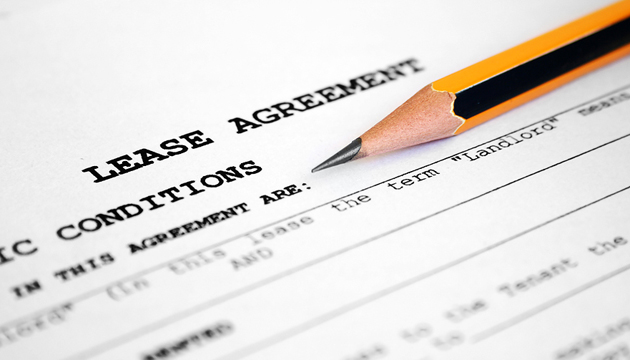A lease agreement refers to a contract between you and the tenant about the use of your property. This agreement states that your tenant is entitled to live in your property for a period as stated. If you are a property owner leasing out your property, you want to make sure that your lease agreement complies with the relevant state laws.
Lease agreements set out rules that will spell out your relationship with the tenant. The state law covers many of these relationships, while local laws cover others.
What Aspects Do State Laws Cover?
These laws cover a range of issues that are included in the lease agreements. These include:
- Dollar limits on late rent fees, bounced rent checks, and security deposits.
- The deadline for the property owner to return deposits on the lease.
- Handling any disclosures.
Lease agreements don’t have to be in writing for them to be legally binding. However, it is harder for you to enforce oral agreements.
The lease agreements you come up with will bind you and the tenant during the entire lease period. This is different from rental agreements that can be terminated any time during the month.
You cannot evict a tenant who is up to date with payments until the lease expires. Additionally, the tenant must pay the rent for the entire lease, whether using the property or not.
In short, the state law understands the role of the lease agreement – to protect your rights as a property owner and to recognize the rights of the tenant.
Tips on Preparing a Landlord Lease Agreement
To come up with the perfect lease agreement, you need to follow some guidelines:
Make a Checklist
Before drawing up the lease agreement, come up with a checklist of the requirements. The checklist should include important dates, the lease period, deposit fees, lease renewal, and the appliances included. You also need to include the repair terms and how long this will be applicable to the agreement. You can modify the checklist depending on the location of the property and its state.
Understand the Formalities
Consider the lease requirements as determined by law. These are mandatory for any lease agreement.
Determine the Type of Tenancy
To make the lease as specific as possible, make sure you understand the type of tenancy the tenant wants. This can be fixed term, periodic, tenancy at will or tenancy at sufferance. The types of tenancy determine how long the tenant will stay in the property and what happens when the lease expires.
Spell Out Termination of the Lease Agreement
You need to understand the various terms that can lead to termination of the lease and incorporate them into the agreement.
Final Thoughts
One of the reasons that make a successful lease is the agreement you come up with between you and your tenant. If you are in doubt about coming up with the proper lease, you can seek professional advice on leasing out your home from experts.

